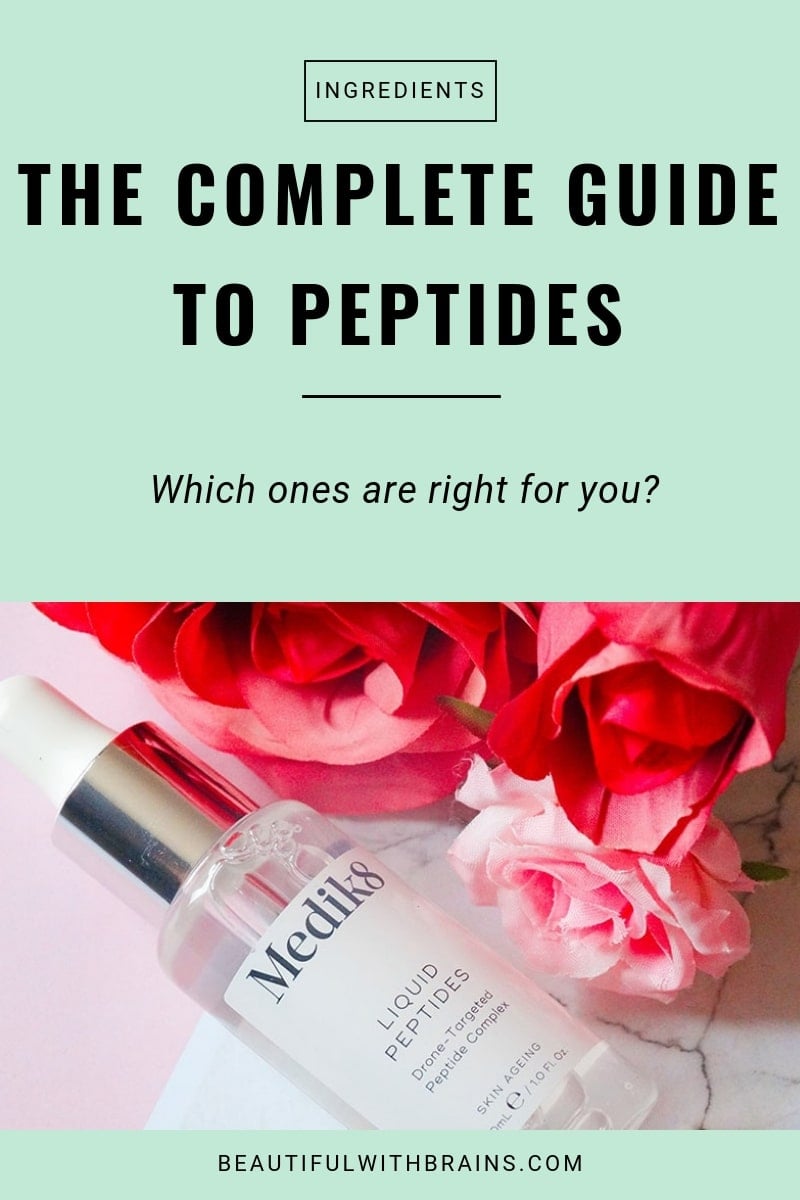
The world of peptides is a minefield.
There are like 100 out there. They all promise to get rid of your wrinkles, firm your skin and take 10 years off your face. How the heck are you supposed to make sense of all this nonsense and choose the right peptides for you?! The ones that really work and give you real results?
Don’t worry. I’ve done the work for you. Here’s a quick guide to the most common types of peptides used in skincare and which ones you should use:
What Are Peptides?
Peptides are short strings of amino acids. FIY, amino acids are the building blocks of protein, like collagen and elastin (the stuff that keeps your skin firm and elastic).
Some peptides occur naturally in your body. Others are made synthetically in a lab to mimic the jobs of natural peptides.
Related: The Truth About Peptides In Skincare: Do They Really Work?
Struggling to put together a skincare routine that minimises wrinkles, prevents premature aging, and gives your complexion a youthful glow? Download your FREE “Best Anti-Aging Skincare Routine” to get started (it features product recommendations + right application order):
Type Of Peptides
There are 4 different types of peptides used in skincare. Let’s get to know them better below:
1. Carrier Peptides
What are they: Copper peptides, X-50 Myocept
What they do: They deliver trace elements, like copper and magnesium, to the skin. These trace elements boost collagen synthesis, improve elasticity and help skin heal faster.
Best Picks:
- Drunk Elephant Protini Polypeptide Cream ($68.00): available at Cult Beauty, Sephora and SpaceNK
- NIOD Copper Amino Isolate Serum 2:1 (£38.00): available at Cult Beauty and Net-A-Porter
- The Ordinary Buffet + Copper Peptides 1% (£28.90): available at Asos, Beauty Bay, Cult Beauty and Look Fantastic
Related: Are Copper Peptides Better Than Retinoids At Firming Skin?
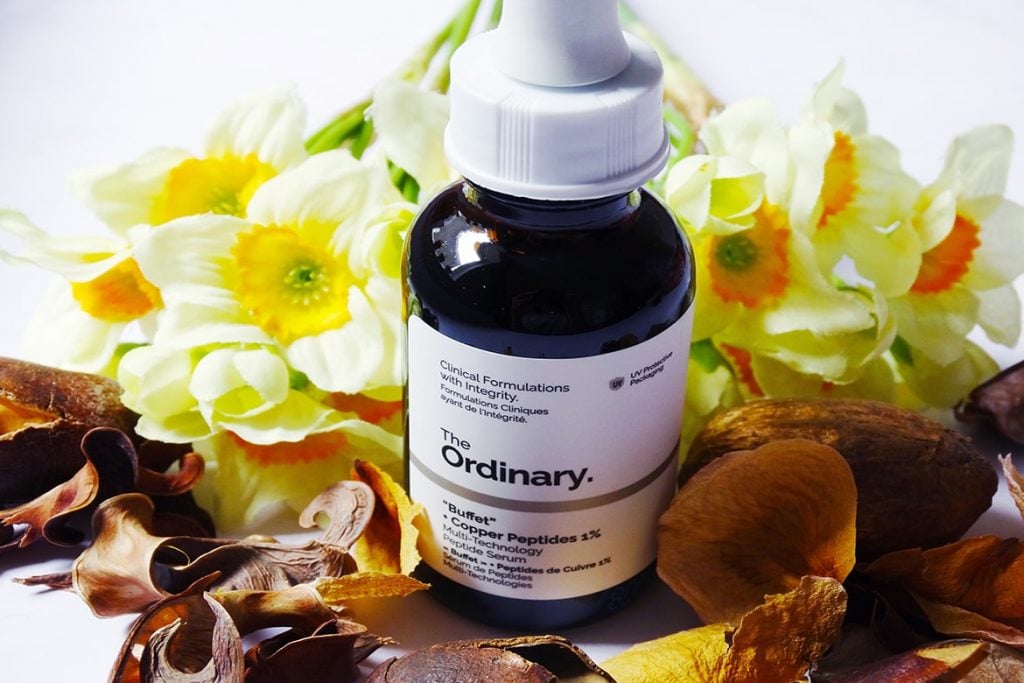
2. Enzyme Inhibitor Peptides
What are they: Trifluoroacetyl tripeptide-2, Trylagen
What they do: They stop the processes that break down collagen so your skin doesn’t age as quickly. Most of them work by inhibiting matrix metalloproteinases (MMPs), a group of enzymes that degrades collagen when they proliferate too much.
Best Pick:
- Revision Skincare Revox 7 ($130.00): available at Dermstore
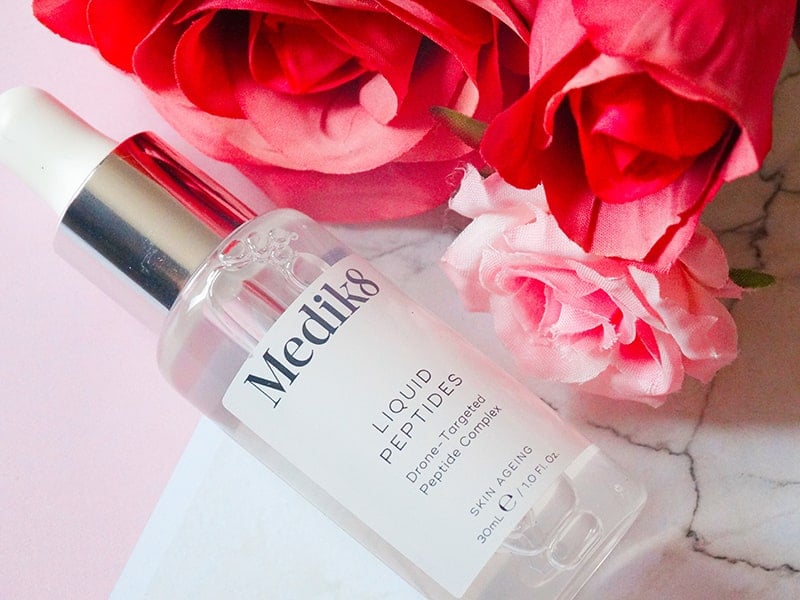
3. Neurotrasmitter Peptides
What are they: Argireline, Palmitoyl tetrapeptide-28, Palmitoyl Tripeptide-38, Syn-Ake, XEP-30
What they do: They inhibit muscle contraction. If your muscles can’t move as much, wrinkles can’t form. Those you already have relax so they don’t look as obvious. The catch? They only work on expression lines, not wrinkles caused by sun exposure, pollution, etc.
Best Picks:
- Paula’s Choice Peptide Booster ($52.00): available at Dermstore, Feel Unique, Nordstrom and Paula’s Choice
- The Ordinary Argireline Solution 10% (£5.50): available at Beauty Bay, Cult Beauty and Feel Unique
- The Ordinary Buffet + Copper Peptides 1% (£28.90): available at Asos, Beauty Bay, Cult Beauty and Look Fantastic
Related: Is Argireline An Effective Alternative To Botox?
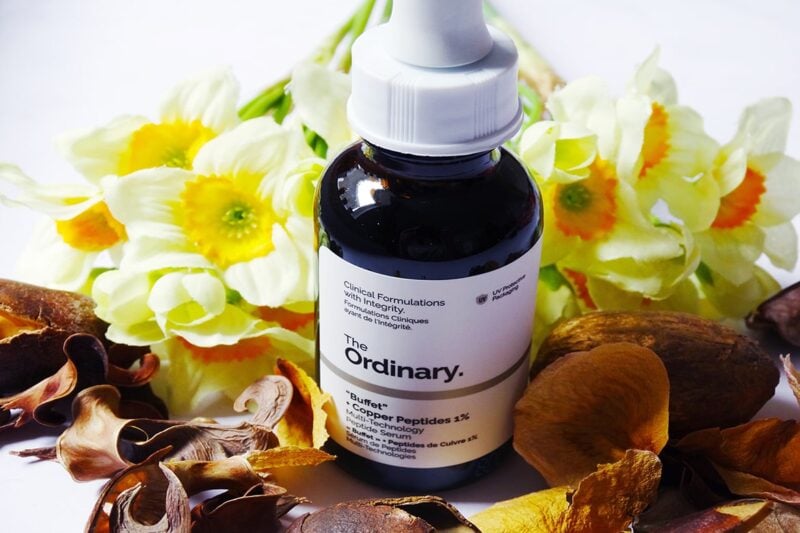
4. Signal Peptides
What are they: Copper peptides, Matrixyl-3000, Palmitoyl Pentapeptide-4, Palmitoyl Oligopeptide-7, etc.
What they do: They signal to skin cells to do a particular job, i.e. stimulate the production of collagen, elastin or other proteins your skin needs to stay healthy and young.
Best Picks:
- Paula’s Choice Peptide Booster ($52.00): available at Dermstore, Feel Unique, Nordstrom and Paula’s Choice
- The Ordinary Buffet + Copper Peptides 1% (£28.90): available at Asos, Beauty Bay, Cult Beauty and Look Fantastic
- The Ordinary Matrixyl 10% + HA (£9.60): available at Beauty Bay, Cult Beauty, Feel Unique and Sephora
Related: Matrixyl 3000: A New And Improved Version Of Matrixyl?
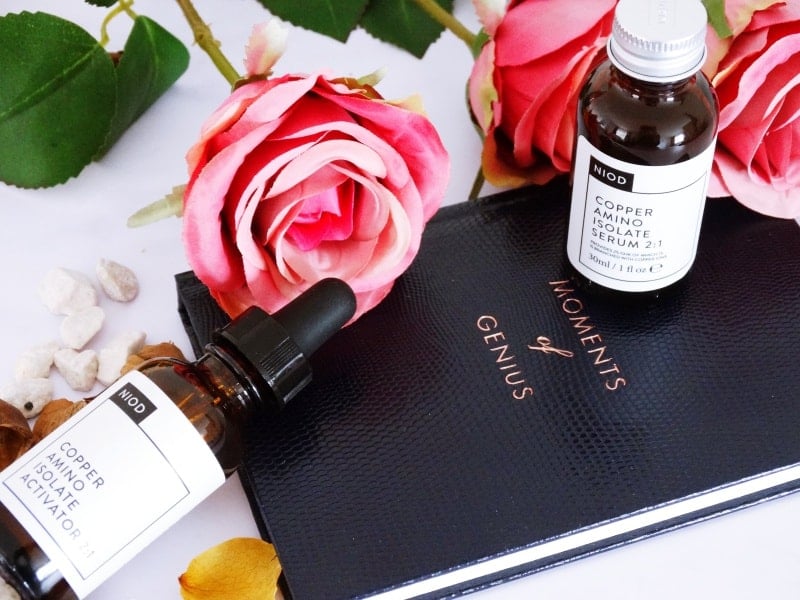
Do Peptides Work?
This is where it starts to get tricky.
In theory, peptides are too big to penetrate your skin so they shouldn’t work.
In practice, studies show that some peptides do have an effect on the skin, help boost collagen and firm skin. Problem is, most of these studies are done by the companies who sell peptides so you have to take them with a pinch of salt.
Some of the most promising peptides (i.e. those that have more studies backing up their efficacy) are GHK-Cu, a copper peptide that can firm skin; Palmitoyl Pentapeptide, which boosts collagen and Argireline, which works sort of like Botox.
There’s another problem. Cosmetics can only improve the appearance of your skin, not interfere with processes that boost collagen or elastin. Anything that can do that is a drug.
Drugs need to be tested way more thoroughly than cosmetics – just to make sure they don’t have any nasty side effects in the long run. But that’s so expensive, companies don’t bother.
Instead, they exploit a loophole. You can put drugs in cosmetics as long as you claim they only improve the appearance of your skin. I’m not joking. Whether something is a drug or a cosmetics, depends on the claims a company makes about an ingredient, not what an ingredient really does. You can’t make this stuff up.
Related: What’s The Difference Between A Cosmetic And A Drug?
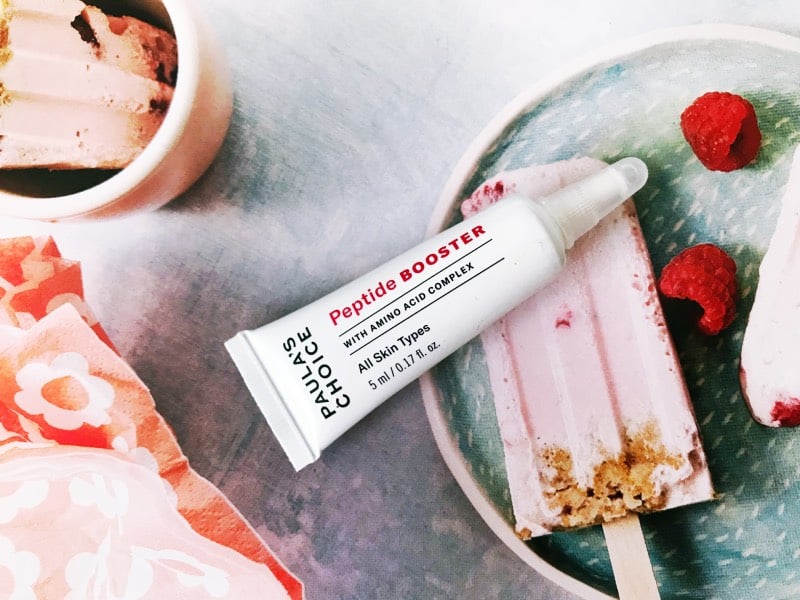
Which Type Of Peptides Is Best For You?
Some peptides have a small amount of independent research supporting their effectiveness. For others, you have to take the manufacturer’s word they do what they claim.
So, what’s a girl to do?
For the time being, I honestly wouldn’t bother much with peptides. If you’ve got all your bases covered, are already using your fair share of anti aging superstars really proven to work and money isn’t a concern, then go ahead and use them. But they’re by no means a must-have.
If you want to go ahead and use peptides, stick to signalling peptides, including copper peptides. I’m partial to NIOD CAIS because I’ve used it in the past and got good results and The Ordinary Buffet + Copper Peptides 1% because you get several peptides at a steal.
I wouldn’t bother with enzyme inhibitors peptides (simply because they tend to be way more expensive) and neurotransmitters peptides. They may work a little but if they really were an alternative to Botox, no one would have a wrinkled forehead anymore.
The Bottom Line
Peptides shouldn’t work but they sort of do (some of them, at least). I recommend sticking to signal peptides for now to get the most out of your buck.


My favorite eye serum is Niod’s FECC, which is full of peptides. Since I’ve started using it my under eye area looks and feels much more fresh and hydrated, and some of the fine lines have disappeared. Do you have a review on this particular product?
Yordanka, I haven’t yet, but it’s on my to-review list.